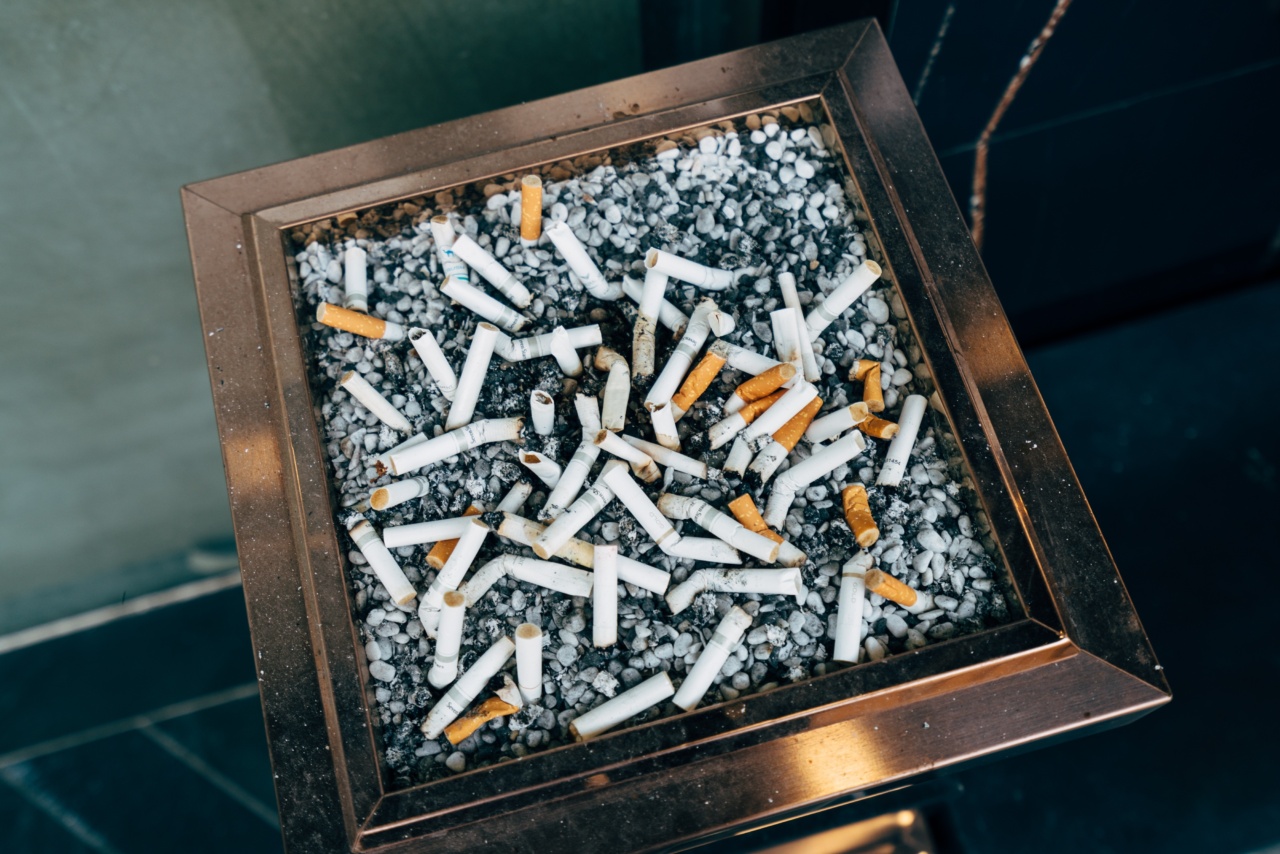Smoking is one of the leading causes of cancer. The toxins in cigarette smoke can damage DNA and lead to the development of cancerous cells.
The longer a person smokes, the more damage is done to their body and the higher their risk of developing cancer becomes.
Lung cancer
Lung cancer is the most well-known type of cancer associated with smoking. Over 85% of all lung cancer cases are caused by smoking. Smoking can damage the lining of the lungs, and the chemicals inhaled with smoke can become lodged in the lungs for years.
This can eventually lead to the development of lung cancer.
Throat and mouth cancer
Smoking can also increase the risk of throat and mouth cancer. The chemicals in cigarette smoke can damage the cells in the throat and mouth, and this can lead to the development of cancer.
These cancers can be difficult to treat, and many people who are diagnosed with throat and mouth cancer as a result of smoking have a poor prognosis.
Pancreatic cancer
Smoking has been linked to pancreatic cancer as well. The toxins in cigarette smoke can damage the pancreas and its cells, and this can lead to the development of cancerous cells in the pancreas.
Pancreatic cancer is one of the deadliest forms of cancer, and it is often very difficult to treat.
Liver cancer
Smoking can also increase the risk of liver cancer. The toxins in cigarette smoke can damage the liver and lead to the development of cancerous cells. Liver cancer is often very difficult to treat, and it can be fatal if not caught early enough.
Kidney cancer
Smoking has been linked to kidney cancer as well. The toxins in cigarette smoke can damage the cells in the kidney and lead to the development of cancerous cells.
Kidney cancer can be difficult to treat, and it often requires surgery and other aggressive treatments.
Bladder cancer
Smoking can increase the risk of bladder cancer as well. The chemicals in cigarette smoke can damage the cells of the bladder and lead to the development of cancerous cells.
This cancer can be difficult to treat, and it often requires surgery and other aggressive treatments.
Pancreatic cancer
Smoking has been linked to pancreatic cancer as well. The toxins in cigarette smoke can damage the pancreas and its cells, and this can lead to the development of cancerous cells in the pancreas.
Pancreatic cancer is one of the deadliest forms of cancer, and it is often very difficult to treat.
Breast cancer
Smoking can also increase the risk of breast cancer. The chemicals in cigarette smoke can damage the breast tissue and lead to the development of cancerous cells.
This cancer can be difficult to treat, and it often requires surgery and other aggressive treatments.
Stomach cancer
Smoking can increase the risk of stomach cancer as well. The toxins in cigarette smoke can damage the lining of the stomach and lead to the development of cancerous cells.
Stomach cancer can be difficult to treat, and it often requires surgery and other aggressive treatments.
Pancreatic cancer
Smoking has been linked to pancreatic cancer as well. The toxins in cigarette smoke can damage the pancreas and its cells, and this can lead to the development of cancerous cells in the pancreas.
Pancreatic cancer is one of the deadliest forms of cancer, and it is often very difficult to treat.
Conclusion
Smoking can increase the risk of many different types of cancer. The longer a person smokes, the higher their risk of developing cancer becomes.
Quitting smoking is the best way to reduce a person’s risk of developing cancer, and it can improve their overall health and well-being. If you smoke, talk to your doctor about ways to quit smoking and reduce your risk of developing cancer.


























